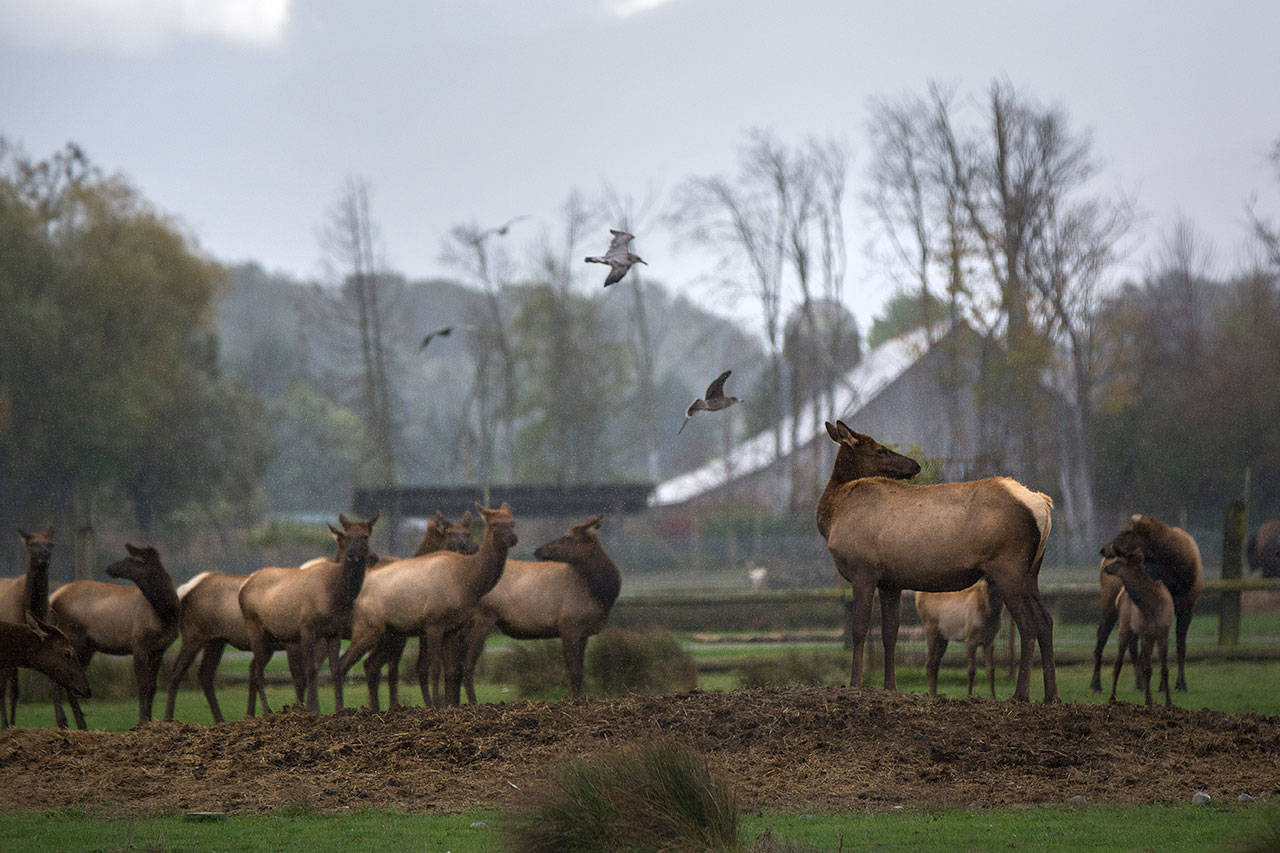The Animal Legal Defense Fund was handed its first legal victory in its federal lawsuit alleging animal mistreatment at the Olympic Game Farm when a federal judge rejected the Game Farm’s motion to dismiss certain elements of the lawsuit.
The Animal Legal Defense Fund (ALDF) sued Olympic Game Farm in December, alleging that the Sequim-area business is in violation of the Endangered Species Act and asking the court to require the Game Farm to give up its endangered or threatened species to a sanctuary.
The Game Farm filed a motion in March to dismiss the state public nuisance and animal cruelty claims, saying state law does not recognize private cause of action to enforce cruelty laws.
U.S. District Judge Ronald Leighton wrote in his order in mid-May that the Game Farm isolating the public nuisance claim from the lawsuit was “an attempt to prune this ‘Bonsai tree’ with tweezers and fingernail clippers.”
This decision allows the lawsuit to move forward in whole. The parties are required to hold a settlement conference no later than Feb. 26, 2020, enter into mediation by March, 31, 2020, and prepare for trial which is scheduled for May 4, 2020.
Leighton wrote that the Game Farm already has admitted to violating state law by possessing Roosevelt elk. State law makes it illegal for a non-accredited facility to posses that species, he wrote.
“ALDF has alleged that Defendants’ failure to abide by the federal Endangered Species Act, as well as alleged violations of Washington State animal cruelty laws creates a public nuisance,” Leighton wrote in his order.
“Defendants admit one of these allegations, namely that they are not accredited but ‘possess or display Roosevelt Elk.’”
The order says that the state limits who can bring a public nuisance claim, but for a private party to bring a public nuisance claim the party must show special injury that is distinct from what has been suffered by the general public.
The state Supreme Court reviewed the provision last year and explained that the special injury requirement “is not a particularly high bar” and “[i]njury to the aesthetic appeal and environment of an area is sufficient to support standing if the plaintiff establishes that he or she uses that area for recreational purposes,” according to the order.
When ruling on the motion to dismiss, the judge is required to rule as if accepting all facts alleged by the other side are true and provable.
“ALDF is a public interest organization whose members have been ‘specially injured’ by Defendant’s nuisance because, as animal lovers and advocates, they visited the OGF for recreational purposes based on the mistaken belief that OGF was caring for exotic animals, when in fact, OGF is mistreating and abusing those animals, which left ALDF’s members emotionally upset and unable to return to OGF for recreational enjoyment,” Leighton wrote.
“The harms alleged by ALDF’s members are sufficiently distinct from the general public to satisfy the standing requirements of (state law). ALDF’s members would return to OGF for their recreational enjoyment if the housing conditions improved, or they would visit the animals if they were moved to a law-abiding sanctuary.”



